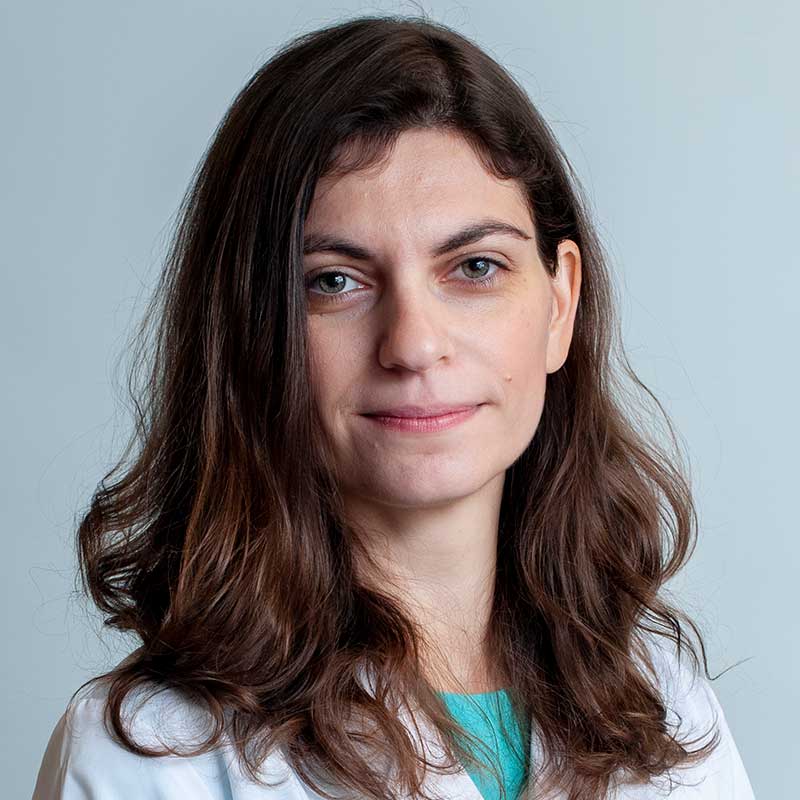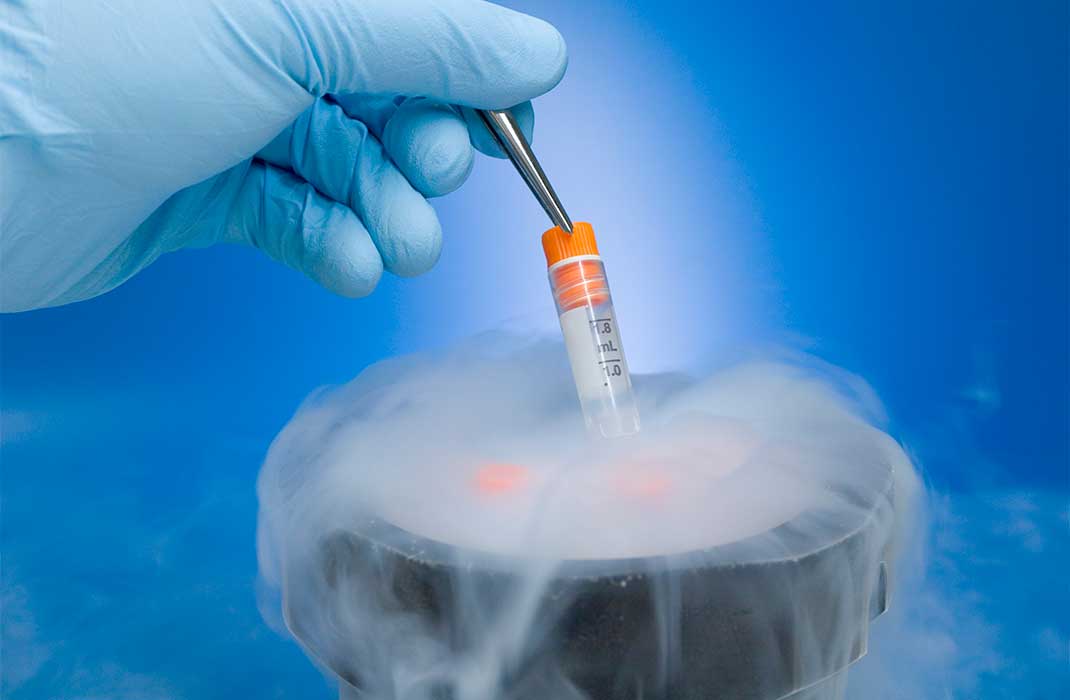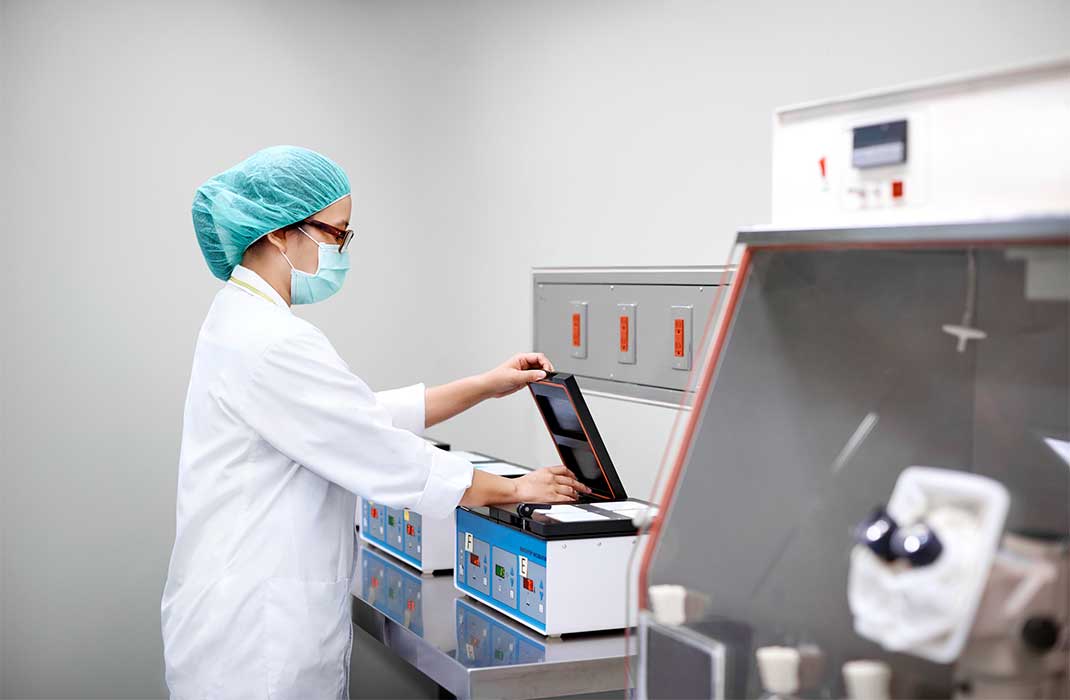-
- Find Care
-
- Visitor Information
- Find a Location
- Shuttles
- Visitor Policies
-
-
-
- Our Virtual Care Options
- Virtual Urgent Care
- Virtual Visits for Primary & Specialty Care
- Online Second Opinions
- Participate in Research
-
- Contact us
-
- For Innovators
- Commercialization Guide for Innovators
-
-
- Research News
- Alzheimer's Disease
- Artificial Intelligence
-
- Overview
-
- Overview
- Getting Started
- New to Mass General Brigham
- International Patient Services
- What Is Patient Gateway?
- Planning Your Visit
- Find a Doctor (opens link in new tab)
- Appointments
- Patient Resources
- Health & Wellness
- Flu, COVID-19, & RSV
- Billing & Insurance
- Financial Assistance
- Medicare and MassHealth ACOs
- Participate in Research
- Educational Resources
- Visitor Information
- Find a Location
- Shuttles
- Visitor Policies
- Find Care
-
- Overview
- Our Virtual Care Options
- Virtual Urgent Care
- Virtual Visits for Primary & Specialty Care
- Online Second Opinions
-
- Overview
- Participate in Research
-
- Overview
- About Innovation
- About
- Team
- News
- For Industry
- Venture Capital and Investments
- World Medical Innovation Forum (opens link in new tab)
- Featured Licensing Opportunities
- For Innovators
- Commercialization Guide for Innovators
- Contact us
-
- Overview
- Information for Researchers
- Compliance Office
- Research Cores
- Clinical Trials
- Advisory Services
- Featured Research
- Two Centuries of Breakthroughs
- Advances in Motion (opens link in new tab)
- Brigham on a Mission (opens link in new tab)
- Gene and Cell Therapy Institute
- Research News
- Alzheimer's Disease
- Artificial Intelligence
-
- Overview
-
- Overview
- Residency & fellowship programs
- Brigham and Women's Hospital
- Massachusetts General Hospital
- Mass Eye and Ear
- Newton-Wellesley Hospital
- Salem Hospital
- Integrated Mass General Brigham Programs
- Centers of Expertise
- Global & Community Health
- Health Policy & Management
- Healthcare Quality & Patient Safey
- Medical Education
- For trainees
- Prospective trainees
- Incoming trainees
- Current trainees
- Continuing Professional Development
Freezing Eggs: Advances in Fertility Treatment

Family planning and fertility challenges can be complex, especially at certain stages of life. Female fertility declines rapidly in women over the age of 35, and male fertility is not far behind for men over 40. Some people face fertility challenges even at younger ages.
Irene Dimitriadis, MD, a Mass General Brigham reproductive endocrinology and infertility specialist and reproductive surgeon, helps patients and couples who have infertility, or who are planning ahead because of concerns about future fertility. Dr. Dimitriadis is also director of third-party reproduction at Massachusetts General Hospital.
What causes infertility?
Infertility, or the inability to create a viable fertilized egg, can be a challenge for many people who try to have children. Treatment can require different approaches depending on the cause. Infertility causes can be male or female, and can arise from health conditions, genetic factors, medical treatments, or natural aging. Behavioral factors such as smoking and alcohol use also increase the risk of infertility.
Cryopreservation
Egg cryopreservation process
When you begin the process of freezing eggs, whether for immediate or later fertilization, you follow steps designed to ensure your best chances of success. To do this, doctors work to boost egg recruitment levels to their highest before they harvest, or remove, the eggs. The process also includes planning for egg storage with the best possible conditions for freezing and future use.
Ovary stimulation
Before a fertility specialist removes eggs from a patient, the patient takes fertility medications to help them produce the largest possible number of eggs. This increases the overall chance of success, whether the eggs will be frozen and stored on their own or fertilized with sperm and frozen afterward as an embryo.
Egg retrieval: In-vitro fertilization (IVF)
During a procedure called in-vitro fertilization (IVF), a doctor removes eggs from a person’s ovaries. Patients may choose:
To combine their eggs with sperm to create an embryo. This is a good option for couples who are having difficulty getting pregnant or want to wait until later to have children.
To freeze their eggs by themselves for a future pregnancy. This is a good option for those who don’t have a current male partner or don’t want to use a sperm donor.
Optimal age for egg freezing
Most specialists recommend that eggs be frozen before the age of 35. The younger the age of the egg, the more likely it is to result in a baby. However, according to the National Institutes of Health (NIH), patients see the greatest cost-effective benefit of freezing eggs at age 37, and the least cost-effective benefit if they are younger than 30.
Cost of cryopreservation
Cryopreservation and IVF can be expensive, and paying for your fertility treatment can be a concern. One “session” or “cycle” can cost between $5,000 and $10,000. Depending on where you live and who your employer is, however, you may have coverage. To understand the full costs to you, contact your health insurance company. Mass General Brigham makes every effort to make sure that care is accessible to and affordable for everyone.
Advances in cryopreservation research
“As a part of Mass General Brigham, we have a highly specialized team of clinicians doing cutting-edge research to improve outcomes in cryopreservation,” says Dr. Dimitriadis.
Recent research highlights in fertility medicine at Mass General Brigham include ultrafast embryo thawing (essentially the reverse of flash-freezing), and utilizing artificial intelligence (AI) to streamline and improve aspects of the freezing and thawing process.
Safety and success rates of freezing eggs and embryos



